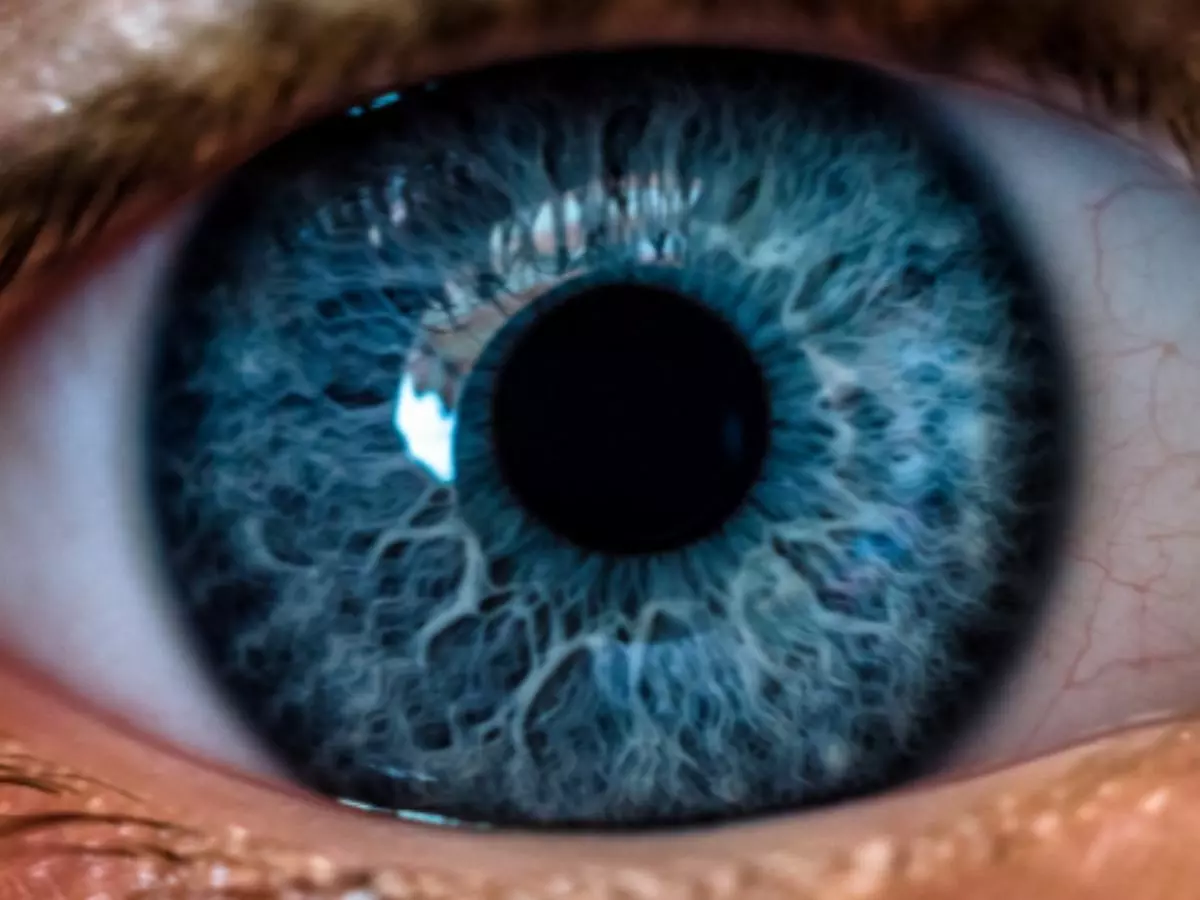Blind Man's Vision Partially Restored After 40 Years With New Gene Therapy
The treatment results in enabling gene coding for a channelrhodopsin protein dubbed ChrimsonR that can detect amber light.

Science was able to bring back vision on a 58-year old who was diagnosed almost 40 years ago with retinitis pigmentosa (RP), a neurodegenerative eye disease that impacts the retina at the back of the eye, making it non-functional (study published in Nature).
 Wall Street Journal
Wall Street Journal
Also Read: Genetically Blind Person Could See For 15 Months, After One Injection In The Eye
In RP, cells in the retina get damaged and broken down, causing blindness. There is no other way to treat RP except gene replacement therapy that too only works on the early-onset phase.
However, researchers were able to bring back the vision with the help of an innovative treatment that used genetic engineering and light-activated therapy. They used a technique known as optogenetics to genetically change cells in the retina to enable them to produce light-sensitive proteins dubbed channelrhodopsins.
 Sahel, et al; Nature Medicine
Sahel, et al; Nature Medicine
The treatment results in enabling gene coding for a channelrhodopsin protein dubbed ChrimsonR that can detect amber light. To make this work, researchers also developed special glasses equipped with a camera that captured and projected visual images to the retina at amber light wavelengths.
The patient was trained for a few months to get used to this, while genetically altered cells stabilised. And nearly seven months later, the patient showed signs of visual improvement.
During the initial testing, researchers also looked at his brain activity using EEG (electroencephalography). Researchers had put a tumbler on the table and asked the patient to tell whether it was present or absent on the table.
Also Read: Scientists Make Lenses With Gold Particles To Fix Colour Blindness
 Getty Images
Getty Images
End results revealed that the patient was able to see what was in front of him with 78 percent accuracy. Even though it¡¯s still in its early stages, researchers feel it is a crucial step for new targeted treatments for people suffering from RP.
Also Read: No Child Will Ever Be Born Blind, If CRISPR Gene Editing Trials Work 100% In Humans
Botond Roska, founding director at the Institute of Molecular and Clinical Ophthalmology Basel and professor at the University of Basel, Switzerland, said, "The findings provide proof of concept that using optogenetic therapy to partially restore vision is possible."
